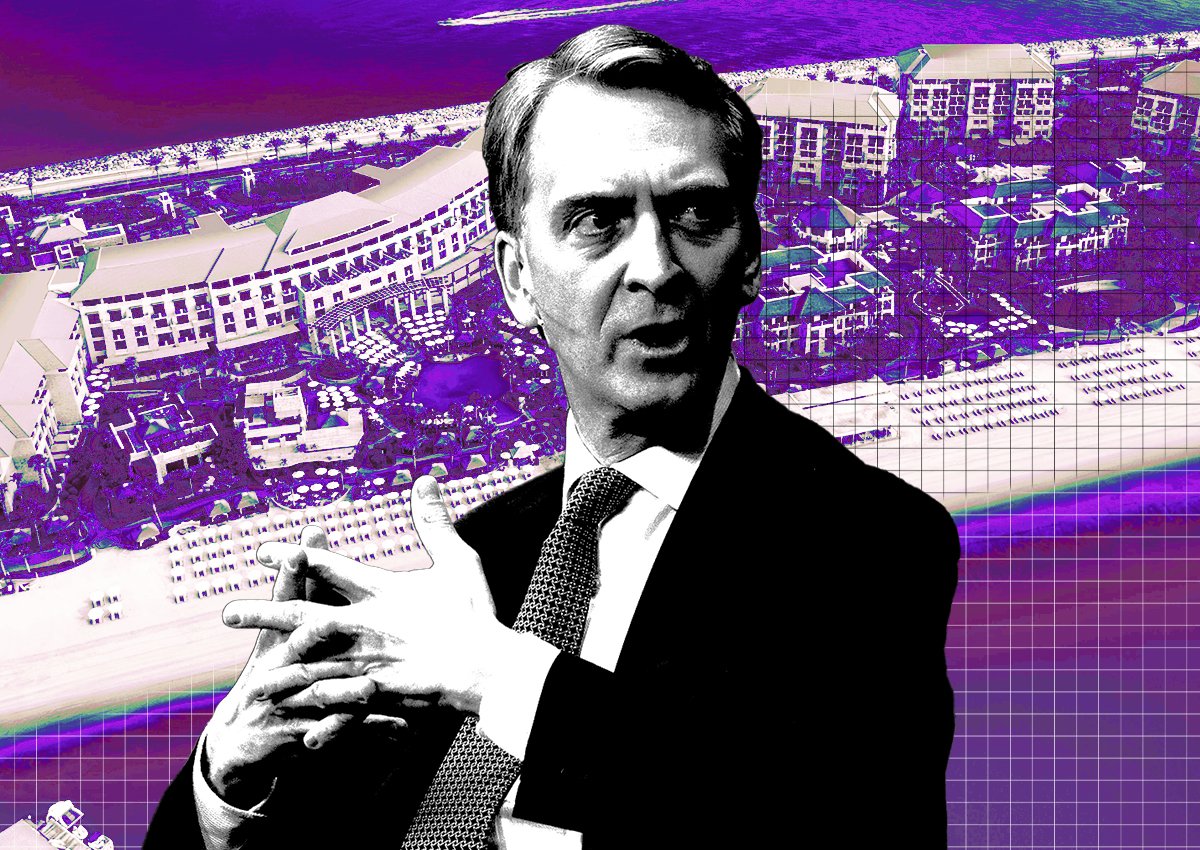Brookfield Asset Management is eyeing the Dubai hotel market for the first time.
Brookfield is exploring a $545 million acquisition of the luxury Sofitel Dubai The Palm hotel on Palm Jumeirah, people familiar with the matter told Bloomberg. Should a deal for the 546-key property close, it would represent the investment giant’s first hotel purchase in the United Arab Emirates.
Brookfield declined to comment on the potential acquisition of the property, which is operated by French hospitality group Accor SA.
Brookfield is expanding aggressively in the Middle East, deploying capital across infrastructure, real estate and private equity. In May, the firm partnered with Abu Dhabi-based Lunate on a $1 billion joint venture targeting regional residential real estate.
Brookfield also operates Merex Investment, a joint venture with a Dubai ruler-owned conglomerate that is redeveloping a popular seafront stretch.
The firm is separately considering a mixed-use development in Dubai Hills for a potential first residential project in the city.
Dubai’s property boom has attracted institutional capital as the nation solidifies its position as a global destination for tourists and wealthy residents.
The hospitality sector has particularly benefited from this influx. Hotel occupancy rates averaged 83 percent from January through May, up from 81 percent in the same period last year, according to official data. The city has 153,356 rooms across 825 establishments.
The transaction activity reflects broader investor appetite for Dubai hospitality assets. At least 15 hotels have changed hands over the past 30 months, exceeding all transactions during the previous decade, according to Knight Frank.
Recent deals include Arzan Financial Group’s $325 million acquisition of the Fairmont Palm Dubai in January and its purchase of the VOCO Bonnington in Jumeirah Lake Towers late last year.
Stateside, Brookfield recently scored a refinancing of the Eagle + West project in Greenpoint, Brooklyn, landing $400 million from JPMorgan and Citibank.
Read more

How Brookfield made $2B in defaults disappear

